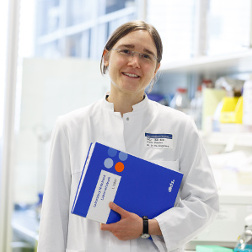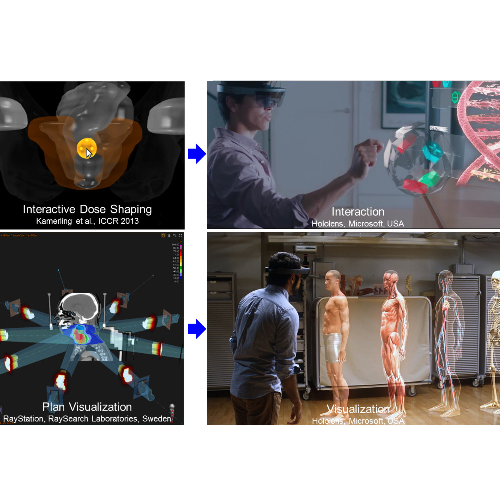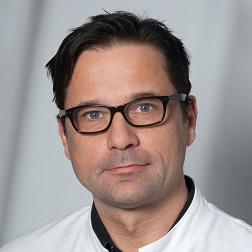The "Remaining in Life" project is aimed at patients of working age. Specific counseling on occupationally relevant issues, individual coaching and group offerings to strengthen self-efficacy and to impart knowledge on socio-legal entitlements are to be implemented as part of the project. If necessary, intensive cooperation with employers and social service providers will help patients to reduce stress and remain in working life for longer.
The conceptual design, concrete objectives and planning of the project began in May of this year. By visiting the pension and health insurance companies and attending various training courses on related topics, the project officer was able to get a picture of the existing situation with regard to advice and care for people who are ill and in gainful employment. In the course of the conceptual design, it was determined that an evaluation of the project by third parties would be useful. For this purpose, two employees of the Esslingen University of Applied Sciences were recruited, who are exclusively dedicated to the scientific support.
The conceptual design of the project has been completed and in the new year the first patients will be advised within the framework of the project and included in the evaluation. Currently, we are still waiting for the positive vote of the ethics committee of the medical faculty.
Two questionnaire surveys are planned for the evaluation, and qualitative interviews will also be conducted with a selection of patients. In the further course, topic-related information events will also be offered, which will be evaluated separately. It is planned to include at least 200 patients of working age, regardless of their disease.









